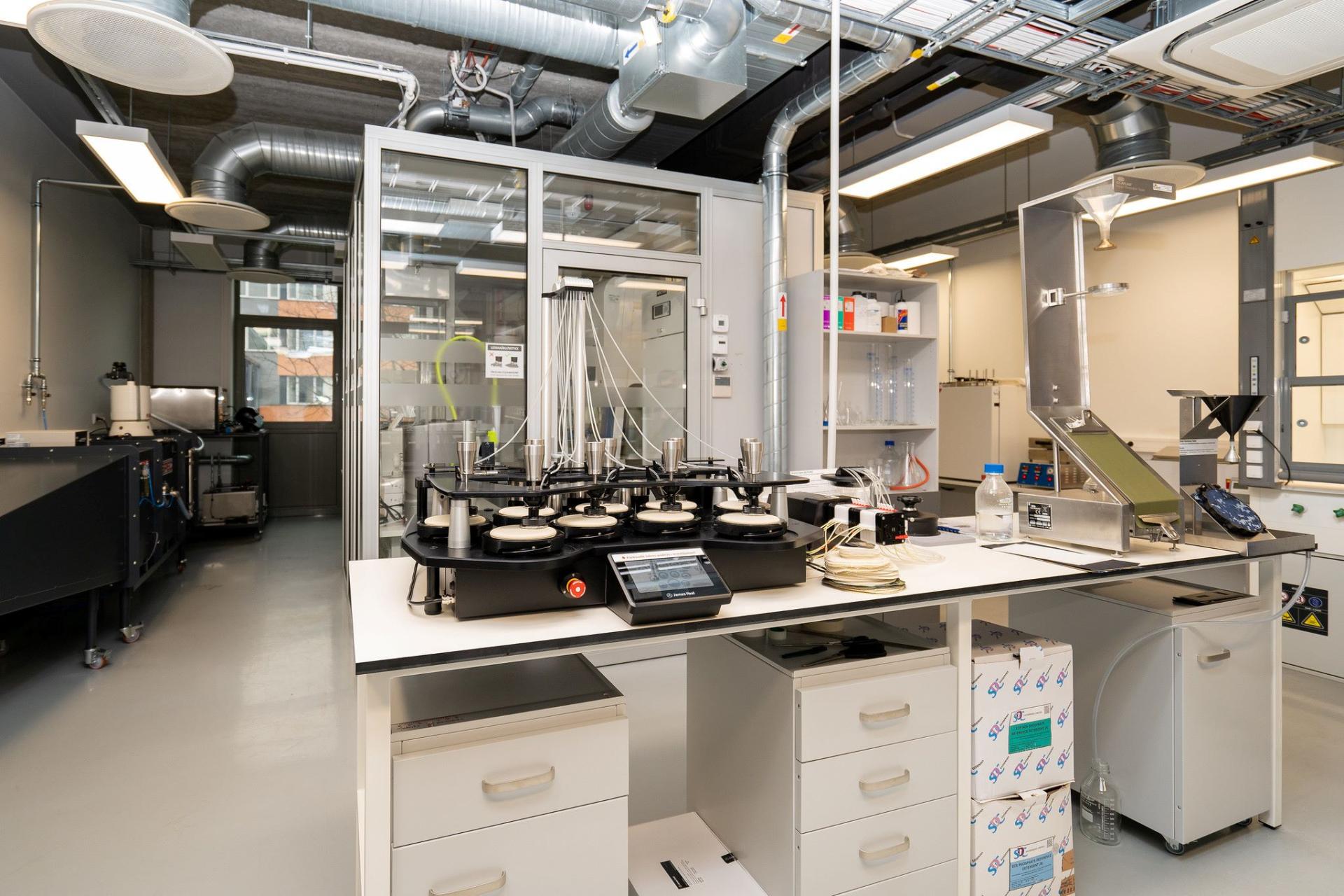With the cooperation of 15 strong European research institutions and industry partners from eight countries, including world-famous companies such as Adidas and academic partners such as Aalto University, the CELLFIL project of the European Union (EU) program Horizon Europe will develop sustainable lyocell yarn and textile products made from it, production, as well as promoted diverse use of it. Bio-derived and produced in an ecological process, lyocell is an environmentally friendly alternative to the synthetic fossil fibers that currently dominate the textile industry.
The consumption of textiles is one of the main burdens on natural resources, reduces the availability of raw materials and creates greenhouse gas emissions. The European Commission insists on the need to promote the circular economy by ensuring that all textiles on the EU market are long-lasting, repairable and recyclable, with a large proportion made from recycled materials and free of hazardous substances. In order to promote the development of the circular economy in Europe and the world, significant changes must be made in the textile and clothing industry - innovations are needed throughout the chain of production processes, which are currently fragmented and inefficient. The goal of the project "Cellulose Lyocell FILaments as a Scalable Solution for Circular Textile Production or CELLFIL" is to promote the sustainability and circularity of the textile industry, setting a new standard for environmentally friendly innovations in Europe.
For project implementation, Adidas, Aalto University, ContiTech Deutschland, Filati Miroslaw Kubiak Spolka Komandytowa Akcyjna, Heberlein, Hochschule Niederrhein, Orange Fiber, Riga Technical University, Maglificio Ripa, Martur Sunger, Nordfels, Ratti Luino and Quantis have formed a consortium. The project is coordinated by the RTDS Association, a leading non-profit organization in Austria that supports European research and innovation activities, while the technical coordinator is the innovative Austrian company «Lenzing Group». 6.8 million euros from the EU research and innovation program "Horizon Europe" have been allocated to the project.
The Lenzing Group, a leader in cellulose fiber textiles, has already developed a process for the production of lyocell yarn, first introducing it to the market in small quantities in 2017. However, production is still in its early stages. By combining decades of experience, knowledge and technology, the consortium partners plan to improve the usability and distribution of the developed threads. Within four years, it is planned to transform the value chain of textile manufacturing processes by producing bio-based lyocell yarns from sustainably grown wood, agricultural by-products and recycled cellulose – the most environmentally friendly cellulose yarns currently available on a pre-industrial scale.
Under the leadership of Professor Inga Dāboliņa, head of the Personal Protective Equipment Laboratory of Riga Technical University (RTU), it is planned to create several prototypes of sustainable textile products, to evaluate their performance and longevity. The work will take place in different market segments – functional clothing, automotive industry and technical textiles. It is also planned to create a road map for the development and development of sustainable products with performance at the same or higher level than analog products made from synthetic materials, and also with consumer-friendly and attractive features.
In order to increase the awareness of society, industry, existing and future designers about the development of sustainable textile products, it is also planned to organize an international competition for the development of collections, involving the art and design students of the industry. The materials developed and tested in the project will be used in the competition.
Photo: RTU
